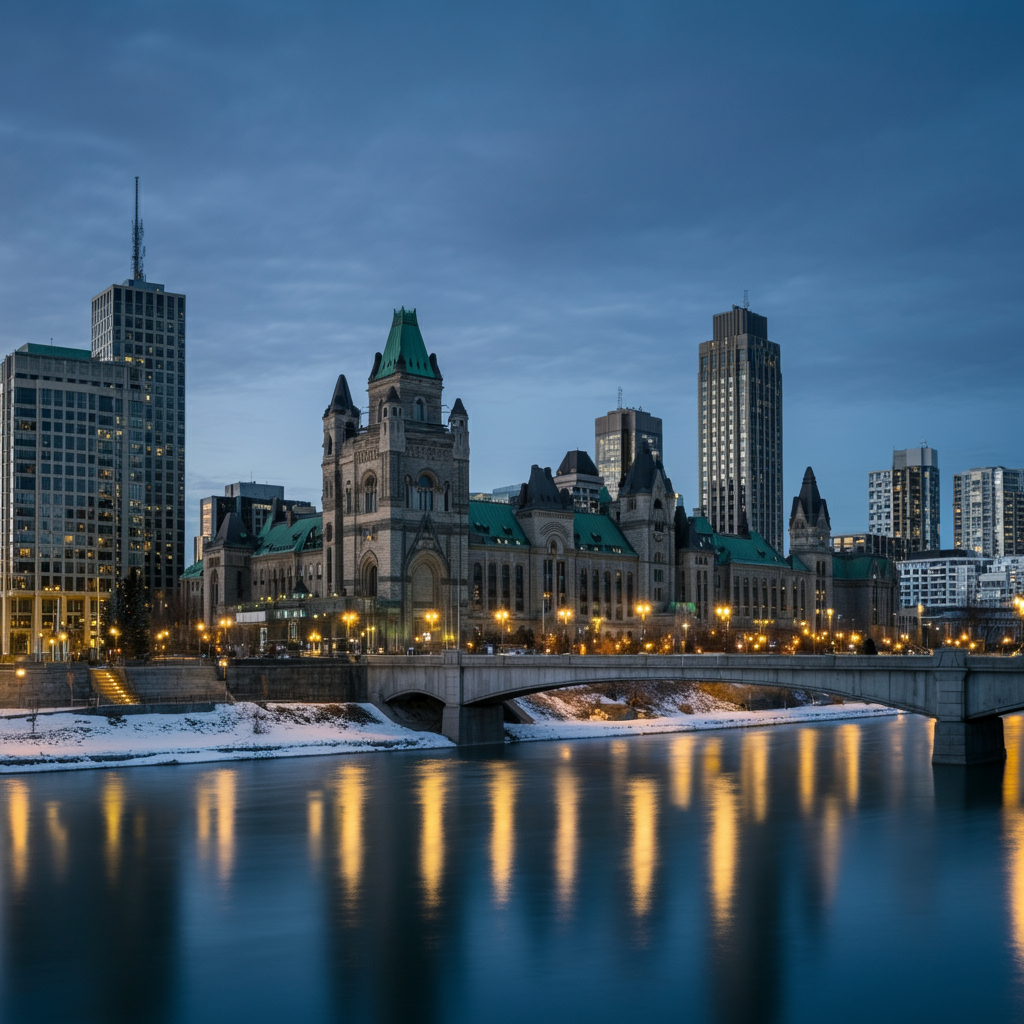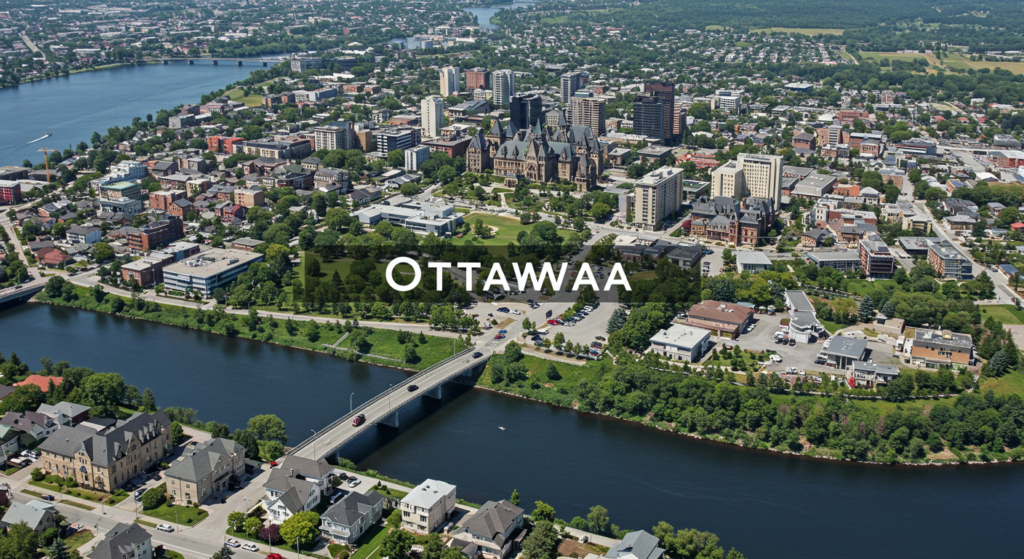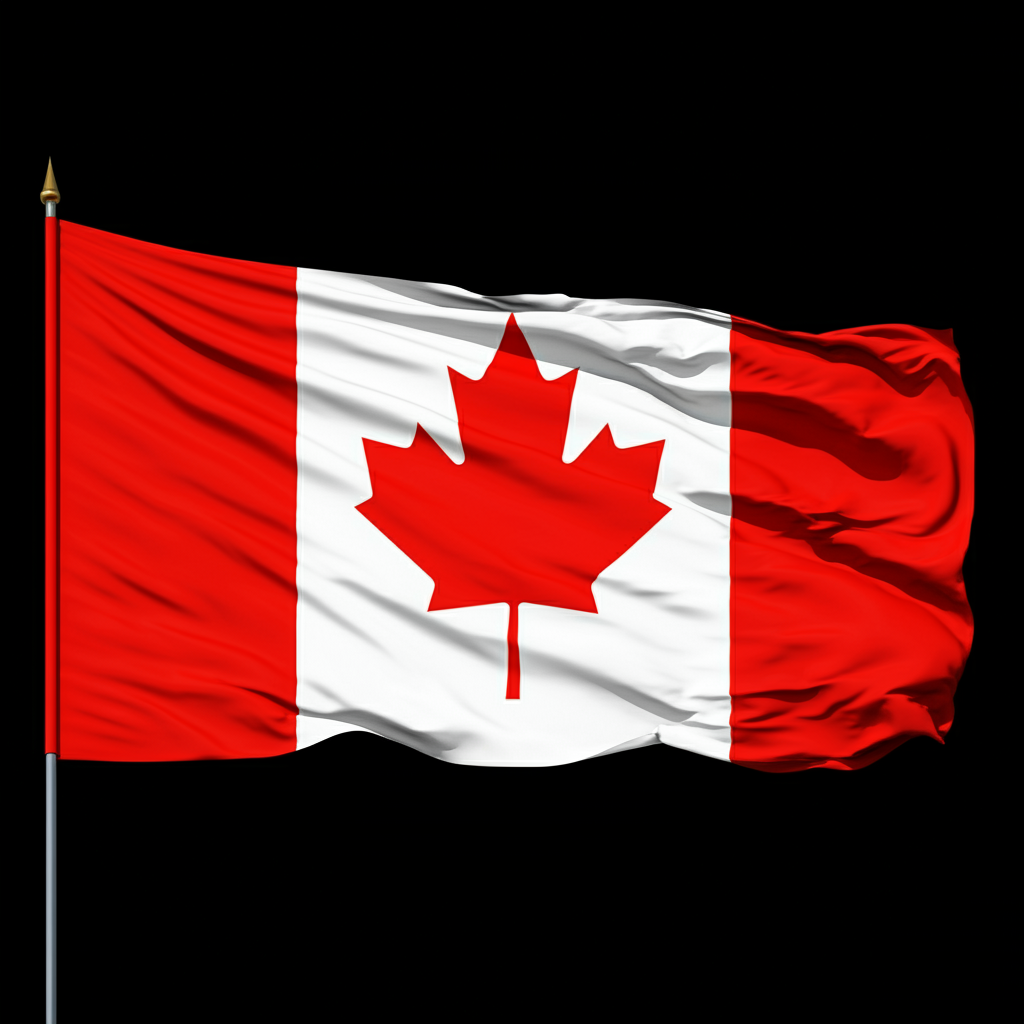Discover the standard of living in Ottawa with our comprehensive overview. Explore housing, education, healthcare, and lifestyle factors that define this vibrant city.
1. Economic Prosperity and Employment Opportunities
Ottawa boasts a robust economy, driven primarily by the public sector, technology industry, and a growing service sector. As the seat of the federal government, the city offers thousands of jobs in public administration, creating a stable employment environment. Additionally, Ottawa is home to a thriving tech industry, with companies like Shopify, Nokia, and BlackBerry contributing to job growth. The city also has a strong startup ecosystem, attracting entrepreneurs and investors looking for a business-friendly environment.

The unemployment rate in Ottawa remains relatively low compared to other major Canadian cities. With competitive salaries and a stable job market, the city is an attractive option for professionals across various industries. However, job seekers must also consider the cost of living, which, while moderate compared to Toronto or Vancouver, can still be a challenge for newcomers.
2. Cost of Living
While Ottawa is more affordable than other major cities like Toronto and Vancouver, the cost of living is still relatively high. Housing is one of the most significant expenses for residents. The average cost of renting a one-bedroom apartment in the city center is approximately CAD 1,800 per month, while outside the city center, the cost drops to around CAD 1,500. Home prices have also seen an increase, making homeownership a challenge for many first-time buyers.

Apart from housing, other living expenses such as groceries, transportation, and entertainment contribute to the overall cost. Grocery prices in Ottawa are reasonable compared to larger metropolitan areas, with a monthly grocery bill for a single person averaging around CAD 300–400. Public transportation is efficient and relatively affordable, with OC Transpo providing bus and light rail services throughout the city. A monthly public transit pass costs approximately CAD 125.
3. Quality Healthcare System
Ottawa residents have access to some of the best healthcare facilities in Canada. The city is home to top-tier hospitals such as The Ottawa Hospital, CHEO (Children’s Hospital of Eastern Ontario), and Montfort Hospital. Canada’s universal healthcare system ensures that all residents receive necessary medical care without direct out-of-pocket expenses. However, wait times for specialist services and non-emergency procedures can be lengthy due to high demand.

Many residents opt for private health insurance to cover additional services such as dental, vision, and prescription drugs. Employers often provide extended health benefits as part of their compensation packages, making it easier for residents to access supplementary healthcare services.
4. Education and Academic Excellence
Ottawa offers exceptional educational opportunities, from primary schools to higher education institutions. The city has numerous public and private schools that provide high-quality education, making it an excellent place for families. French and English schools are available, reflecting the city’s bilingual nature.
For post-secondary education, Ottawa is home to two major universities: the University of Ottawa and Carleton University. Both institutions are renowned for their research programs, diverse academic offerings, and vibrant student communities. Additionally, Algonquin College provides vocational training and diploma programs in various fields, preparing students for careers in skilled trades and business sectors.
5. Safety and Community Well-Being
Ottawa consistently ranks as one of Canada’s safest cities, with low crime rates and a strong sense of community. The presence of government institutions and law enforcement agencies contributes to maintaining a secure environment for residents and visitors alike. The city’s neighborhoods are well-maintained, and community engagement initiatives promote inclusivity and cultural harmony.
Ottawa is also known for its cleanliness and green spaces. Parks such as Major’s Hill Park, Gatineau Park (just across the river in Quebec), and the Rideau Canal pathways offer residents plenty of outdoor recreational opportunities. The city’s emphasis on environmental sustainability and green initiatives further enhances the quality of life for its inhabitants.
6. Transportation and Infrastructure
The city’s public transportation system, OC Transpo, includes a network of buses and the O-Train light rail system. While public transit is efficient, some residents prefer to drive due to the city’s layout. Traffic congestion is moderate compared to larger cities, and the cost of car ownership is reasonable, with gasoline prices in line with national averages.
Ottawa also supports alternative modes of transportation, with an extensive network of cycling paths and pedestrian-friendly streets. The city encourages eco-friendly commuting, and many residents take advantage of bike lanes during the warmer months.
7. Cultural and Recreational Activities
Ottawa offers a rich cultural experience, with numerous museums, theaters, and festivals throughout the year. The city is home to the National Gallery of Canada, the Canadian Museum of History, and the Canadian War Museum, attracting visitors and locals alike. Annual events such as Winterlude, Canada Day celebrations, and the Tulip Festival showcase the city’s vibrant culture and heritage.
Sports and recreation are also integral to Ottawa’s lifestyle. The city has professional sports teams, including the Ottawa Senators (NHL) and the Ottawa Redblacks (CFL). Outdoor enthusiasts can enjoy skiing, hiking, and kayaking within a short drive from the city center.
8. Challenges and Areas for Improvement
Despite its high standard of living, Ottawa faces certain challenges. The housing market remains competitive, making affordability an issue for lower-income residents. Public transit infrastructure, while improving, still requires enhancements to meet the needs of a growing population. Additionally, the city’s harsh winters can be challenging, with heavy snowfall and freezing temperatures from November to March.
Conclusion
Ottawa stands out as a city with a high standard of living, offering economic stability, excellent healthcare, top-tier education, and a safe environment. While the cost of living can be a concern, especially in the housing market, the overall quality of life in Ottawa remains appealing to professionals, families, and students. With continuous infrastructure improvements and community development initiatives, Ottawa continues to be one of the best places to live in Canada.


